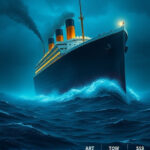Boats, with diverse designs and power sources, cater to various needs from transport to recreation. Motorized boats dominate for speed, catering to leisure, fishing, and long-distance travel. Sailpower boats offer eco-friendly alternatives for leisure sailing, while hybrids provide adaptability. Boats are vital for exploration, commerce, tourism, and maritime communities' daily life.
A boat is a versatile floating craft designed for various purposes, catering to diverse needs from transport to recreation. With countless designs and power sources—including motorized, sailpower, and hybrid models—boats facilitate marine travel, sports, and commerce alike. Whether used by fishers for catching their daily catch or cruise enthusiasts seeking luxurious voyages, these vessels continue to be essential tools and sources of enjoyment in both leisure and professional settings.
- Boat: A Floating Craft With Diverse Designs
- Purpose: Transport, Recreation, And More
- Users: From Fishers To Cruise Enthusiasts
- Types: Motorized, Sailpower, And Hybrid
- Applications: Marine Travel, Sports, And Commerce
Boat: A Floating Craft With Diverse Designs

A boat is a floating craft designed for various purposes, ranging from transportation to recreation and commercial activities. These vessels come in a wide array of designs, each tailored to specific needs and environments. From sleek racing yachts to robust fishing boats and spacious passenger ferries, the diversity in boat design reflects the varied demands of users across different sectors.
Whether it’s the elegant sailboats gliding across calm waters propelled by wind power or the muscular motorboats zipping through waves, boats offer a unique way to explore and interact with bodies of water. Their designs incorporate considerations like stability, maneuverability, and cargo capacity, ensuring they can navigate different types of terrain and carry varying loads efficiently.
Purpose: Transport, Recreation, And More
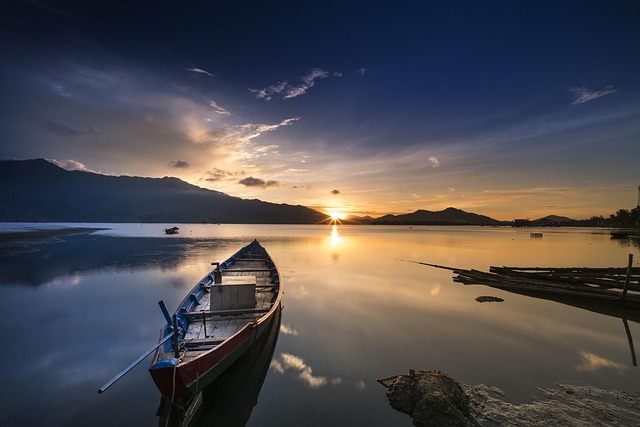
The purpose of a boat varies widely depending on its design and user needs. Primarily, boats serve as efficient modes of transport, facilitating travel over bodies of water. Whether it’s crossing a lake, navigating rivers, or venturing out to sea, boats provide access to areas otherwise inaccessible by land.
Beyond transport, boats play a significant role in recreation and leisure activities. From fishing excursions and serene sunset cruises to thrilling watersports like skiing and sailing, boating offers endless opportunities for fun and relaxation. Moreover, boats serve essential purposes in industries such as commercial fishing, maritime research, and search and rescue operations, showcasing their versatility and importance in various aspects of human life.
Users: From Fishers To Cruise Enthusiasts
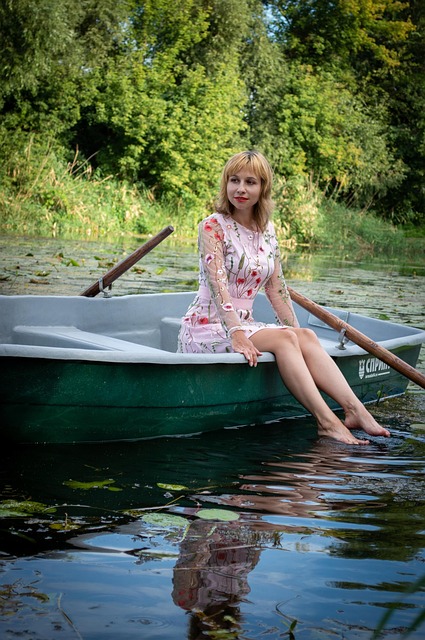
Boats serve a diverse range of users, from traditional fishers to modern cruise enthusiasts. Fishers rely on boats for their livelihood, using them to navigate bodies of water in search of fish and other marine resources. These boats are often designed for specific tasks, like commercial fishing or recreational fishing, and are equipped with specialized gear such as nets, hooks, and lines.
Cruise enthusiasts, on the other hand, use boats for leisure and relaxation. Cruise ships offer a luxurious experience, complete with amenities like staterooms, dining halls, and entertainment venues. Smaller recreational boats, such as sailboats or motor yachts, allow individuals and families to explore coastal areas, islands, or even embark on long-distance voyages. This variety in boat usage highlights the versatility of these watercraft and their role in both economic activities and leisure pursuits.
Types: Motorized, Sailpower, And Hybrid
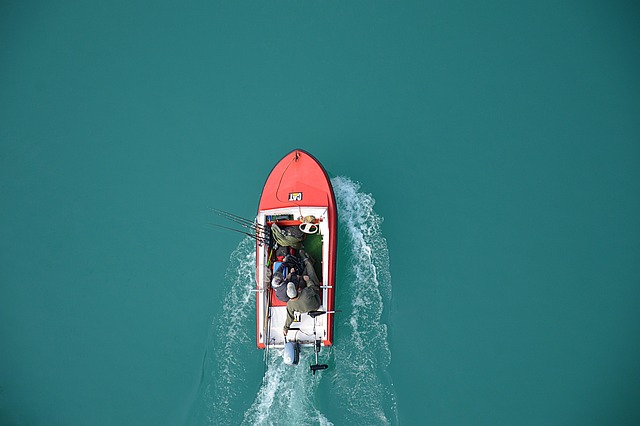
The modern boat comes in various types, each serving distinct purposes and attracting different users. Among these, motorized boats are perhaps the most ubiquitous, powered by engines that allow for swift and efficient travel across bodies of water. They range from small recreational craft to large commercial vessels, catering to activities like fishing, watersports, and even long-distance cruising.
Sailpower boats, on the other hand, harness the wind to propel themselves, appealing to enthusiasts who appreciate the harmonious blend of tradition and environmental friendliness. These boats are often used for leisure sailing, regattas, and even long-distance voyages. Hybrid boats combine the strengths of both motorized and sailpower designs, offering versatility with the option to switch between engine power and sails depending on conditions and preferences. They appeal to a wide range of users, from casual boaters to experienced sailors, looking for adaptability in their watercraft.
Applications: Marine Travel, Sports, And Commerce
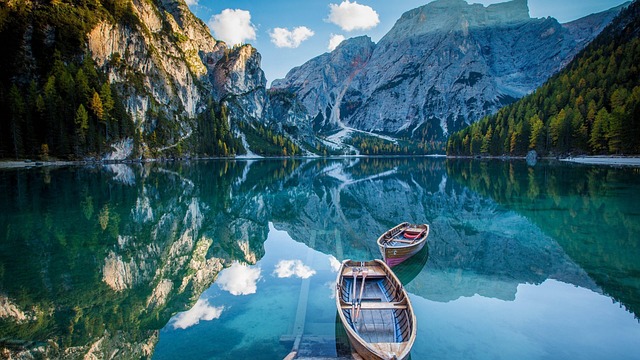
The boat serves as a versatile watercraft with diverse applications, catering to various needs and interests. In the realm of marine travel, boats provide a means of transportation for leisure and exploration, enabling folks to navigate rivers, lakes, and seas. From leisurely cruises to adventurous sailing expeditions, these vessels offer a unique perspective on aquatic landscapes.
Beyond travel, boats find purpose in sports, fostering competitive and recreational activities like racing, fishing, and watersports. They also play a significant role in commerce, facilitating trade, transportation of goods, and even tourism. In ports and harbors, boats shuttle passengers and cargo, contributing to the vibrant tapestry of maritime communities.
A boat is a versatile floating craft that serves various purposes, from marine travel and sports to commerce. Its diverse designs cater to a wide range of users, including fishers, cruise enthusiasts, and recreational adventurers. With options like motorized, sailpower, and hybrid boats, there’s a vessel suited for every need. Whether for transport, recreation, or exploration, the boat remains an indispensable tool that connects us to the world’s vast water bodies.


